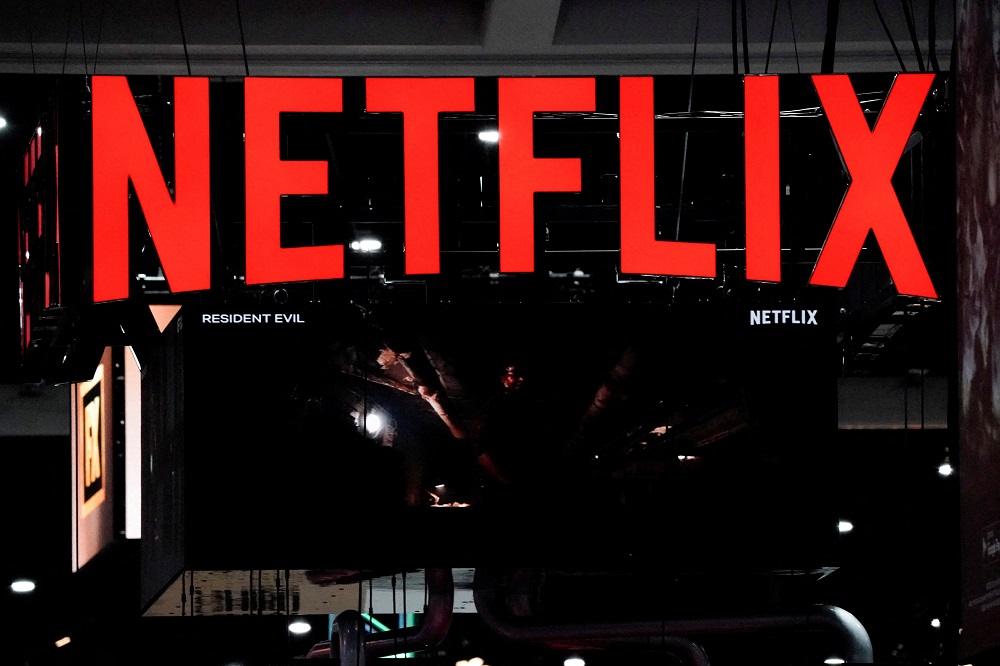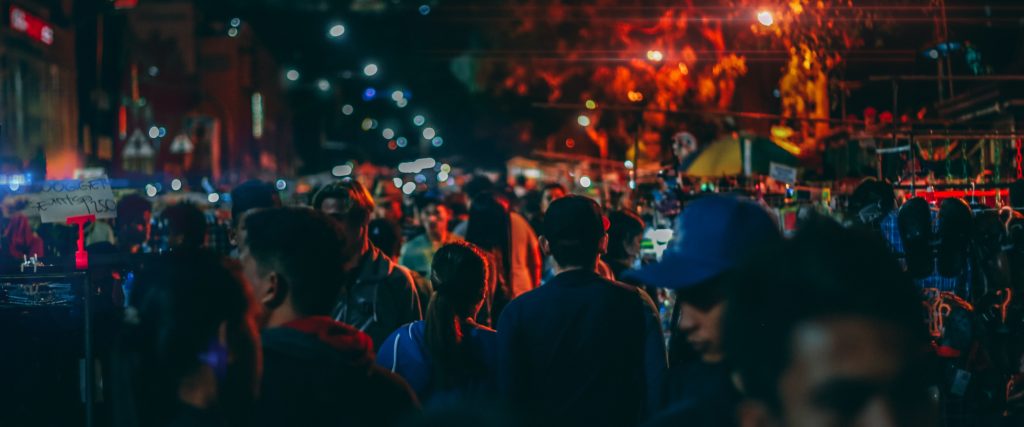

Five years ago, the World Economic Forum (WEF) released a video prediction of the future of human society by 2030; its contents sent shivers down my spine.
Alarm bells sounded off in my millennial mind as the video (and subsequent news reports) floating around my Twitter feed prophesied that 12 years down the line, humans “…would own nothing and you would be happy”.
The eight predictions, based on input from the WEF’s Global Future Councils, also included ‘perpetual renting’ delivered by drones, 3D-printing of human organs and the mass displacement of over a billion people due to climate change.
The Great Reset, as it is being called, serves to examine a future society under technocracy—a theory written and championed by WEF founder Klaus Schwab.
WATCH:
The WEF published this video in 2018:
— James Melville (@JamesMelville) August 5, 2022
8 predictions for the world in 2030:
“You will own nothing. And you’ll be happy”.pic.twitter.com/g18kzC66uV
Aside from the very real threat of climate refugeeism, ignoring that WEF’s speculative approach lacked any reasonable justification or explanation as to how this will all be ‘achieved/actualised’ in just over a decade, what worries me is humanity may already be closer to this dystopia than we think.
Goods and services are making a ‘virtual migration’ at an increasing rate.
The Internet has arguably been the first casualty of this, as several spheres of edutainment are increasingly out of reach. Long gone are the days when one could pop into a store and buy a DVD or vinyl record. While I am sure this still exists in some form, the idea of ownership has all but been replaced with digital streaming platforms that monopolise their content and exploit your personal data.
Netflix, Hulu, Peacock, Amazon Prime, Apple Music, Spotify and Tidal charge you monthly to access their content, and in most instances, allow you to curate your own library or playlists, but even then it is tentative.
Downloads are not prohibited per se, but these companies, as is often the case, can choose to pin select films/television shows/songs/albums behind a particular geolocation.

For example, California-based anime streaming platform Crunchyroll is available worldwide but popular shonen series, like Fire Force, are not in the Caribbean; well, at least up to three years ago. Back then, I emailed Crunchyroll’s customer service line to ask ‘What gives?’ and I was explicitly told that though I am charged as a premium subscriber, should one fall outside these geographical parameters and not possess a VPN (which you also have to pay for), then you are forever excluded despite paying the same rate as the ‘blessed few’.
For that reason alone, I never went back after my subscription expired.
Many other factors, of course, need to be taken into consideration when trying to juxtapose humanity’s inevitable collision course with the ‘blissful future’ of non-ownership, but I was upset there was nothing I could really do to challenge Crunchyroll.
Two years ago, I bought a 2019 single by Dexta Daps in another case involving Apple Music. Imagine my surprise, for a moment, realising that it kept skipping regardless of repeated attempts to listen to the song. After a week of back-and-forth with Apple, I learned that the publisher no longer made the track available in Jamaica and again I was left out, without redress.
Then you have the rise of artificial intelligence (AI) tools like ChatGPT, which promises to make millions more jobs obsolete the world over. This AI technology even has search engine giants Google drawing battle lines to ensure its longevity isn’t threatened.

Folks, I am not saying there is a grand conspiracy to dispossess the world of its private property. Please don’t mistake me for a bitter, disillusioned writer either, because I know that while many people may view ChatGPT as a step in the right direction, I could very well be staring down my last remaining years as a journalist. Words fail to convey my true feelings, but if this is how labourers felt when robotic automation swept the manufacturing industry, then that prospect is downright terrifying.
Okay, let’s back-peddle a bit.
One could argue that I am exaggerating how hopeless the future looks, and they would have every right to make this determination.
After all, the Great Reset is merely hypothetical at this point. Surely it couldn’t possibly devolve that drastically, right?
The clues are all around us, however, as the housing market is the ideal gauge for where things are going and the reality, for me and my contemporaries, is that young people are no closer to owning a home. Many of us will never be. Anywhere.

Just think about that for a second and let it really permeate. Unlike our parents and theirs before them, who could realise that major life goal by their late 20s-early 30s, most of us will live as renters well into our golden years and, very possibly, up until our last breaths.
Do you know what the saddest part of this reality is? It wouldn’t be for not wanting a mortgage or a lack of trying to secure one… The ceiling keeps getting higher and home prices are rising faster than our salaries can match.
I don’t know about anyone else but I am tired of living in unprecedented times. My entire existence has been shaped around crisis after crisis and there is seemingly no way off this nightmare rollercoaster.
Adding further insult to injury is the fact that we, the generations born after 1980, are more likely to be depressed; some don’t even see the point of living. At every turn, young people observe with disdain and are directly affected by the ills of society but we are left to compartmentalise the madness.
Is this the future we were promised? Sixteen years from now, Earth would have marked her first century of ‘peace’ since the end of WWII. What good does it do if we expect the youth to repeat a harmful, dysfunctional cycle of work and struggle ad infinitum?

Millennials and Gen-Z-ers spend an unhealthy amount of time scrolling social media for any semblance of catharsis while destroying their self-worth.
So, on top of living in separate, virtual echo chambers for hours on end, the future could also come with zero agency, zero ownership and immense ‘happiness’ without actualisation.
What a time to be alive.
–Send comments/feedback to [email protected].







Comments